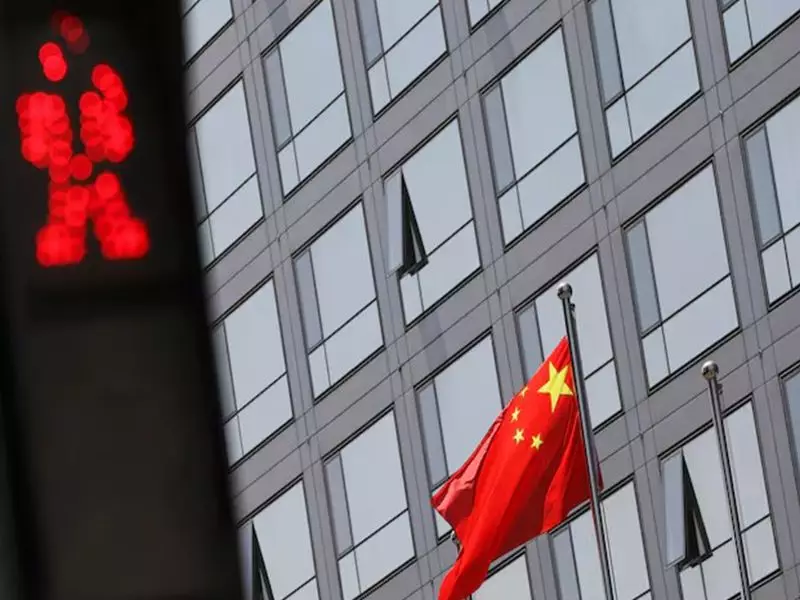
In a disturbing development that highlights Beijing's growing global influence, Chinese dissidents seeking refuge in Thailand are facing unprecedented threats to their safety. The case of Zhou Junyi, a prominent activist currently awaiting deportation, has become the focal point of international concern about China's long arm reaching into Southeast Asia.
The Precarious Situation of Chinese Exiles
Thailand, traditionally seen as a relatively safe haven for political exiles, is increasingly becoming dangerous territory for Chinese activists. Multiple sources confirm that dissidents face harassment, surveillance, and direct threats—often orchestrated by Chinese authorities operating beyond their legal jurisdiction.
Zhou Junyi's case exemplifies this alarming trend. The activist, known for his criticism of the Chinese government, now sits in immigration detention facing imminent deportation. Human rights organizations warn that returning to China would almost certainly mean persecution, torture, or worse for the outspoken critic.
Beijing's Expanding Global Reach
This situation isn't isolated to Thailand alone. China has been systematically extending its influence across Southeast Asia through:
- Economic leverage and diplomatic pressure
- Enhanced security cooperation with regional governments
- Transnational policing operations targeting dissidents
- Cyber surveillance and online harassment campaigns
"What we're witnessing is the globalization of China's repression," explains a regional human rights monitor who requested anonymity for safety reasons. "The message is clear: there's nowhere to hide, even outside China's borders."
Thailand's Dilemma: Sovereignty vs Diplomacy
The Thai government finds itself caught between maintaining its sovereignty and managing its crucial relationship with Beijing. China represents one of Thailand's most important economic partners, with massive investments in infrastructure and tourism hanging in the balance.
This economic dependency creates immense pressure to accommodate Beijing's demands, even when they conflict with international human rights standards and Thailand's own legal principles regarding political asylum.
International Response and Growing Concerns
Human rights organizations worldwide have sounded the alarm about Zhou's situation and the broader pattern of transnational repression. The United Nations and various Western governments have expressed concern, but concrete action remains limited.
Meanwhile, the community of Chinese exiles in Thailand lives in constant fear. Many report being followed, receiving threatening messages, and experiencing digital security breaches that they attribute to Chinese state actors.
The fate of Zhou Junyi will likely set a precedent for how Thailand balances its international obligations with its relationship with China. As the wait for his deportation decision continues, the world watches to see whether Bangkok will stand up for human rights or bow to Beijing's pressure.





